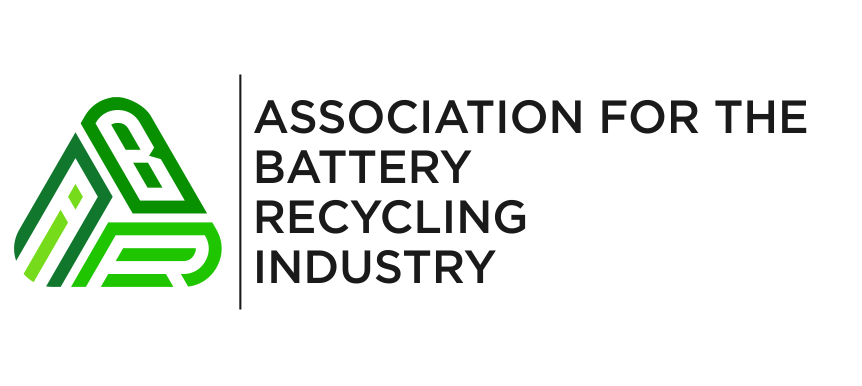Australia well placed to reduce battery waste and risk of fires through clear policy direction
4 December 2024 – Australia’s battery recycling industry has united to call on Environment Ministers to adopt a national mandate to manage the lifecycle of consumer batteries.
Katharine Hole, CEO of the Association for the Battery Recycling Industry, said the industry has already made significant strides in recovering the metals and critical minerals from batteries.
She said a mandatory producer responsibility scheme for consumer batteries would complement other initiatives aimed at reducing the dangerous and costly consequence of incorrect battery disposal.
“It would improve recycling processes, encourage more sustainable design of batteries to reduce waste and help consumers reduce their impact on the environment,” she said.
The ministers will meet in early December and ABRI is keen to ensure this issue is prioritised.
“The battery recycling industry is at a critical juncture requiring urgent action to make the most of opportunities from the clean energy transition,” Ms Hole said.
“Our clean energy sector has invested more than $50 million in collection and recycling infrastructure to support a battery circular economy in Australia.
“It’s successfully exported technology to recover raw materials from lithium batteries and is processing zinc and lead from old batteries for new batteries and other products.”
Significant investment by the recycling sector including industry funding and establishing over 5,000 drop off points has occurred over the past few years supported by rebates from the B-cycle scheme. However, we don’t yet have sufficient collection and recycling infrastructure required to support the size of the task and it is costly to operate this network.
According to Ms Hole, the need to further grow this infrastructure means it is vital to make producers more responsible for battery recycling.
“Not only would such a mandate make it easier for consumers to correctly dispose of old batteries, it would also stop toxic waste polluting the environment and reduce the risk of battery fires at waste management facilities,” she said.
“From a purely financial perspective, a mandate would provide certainty for companies looking to invest in battery recycling.”
A mandate would also align with initiatives in other countries.
“ABRI recommends that any mandatory producer responsibility should include flexibility to accommodate the wide variety of batteries and products with embedded batteries,” Ms Hole said.
“There also needs to be robust compliance and enforcement measures, such as harsh penalties, as well as clearly defined performance standards. This will help ensure confidence among participants that materials are recovered safely and sustainably.”
In a statement to the environment ministers, ABRI has called for a mandate to be implemented in the next 12 months.
The transition period would need to incorporate a range of measures such as:
• guidance on safe storage and handling of lithium batteries
• consumer education
• Reduction on the dependency of landfills as an end of life disposal solution
• battery product standards
• tools to prevent illegal exports
• insurance
• standards for battery reuse and repurposing
• ways to address regulatory barriers.
ABRI represents more than 60 members from across the battery value chain who provide recycling services all battery chemistries and applications, including e-waste recyclers. For more information, go to the ABRI website.
